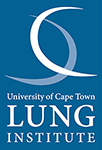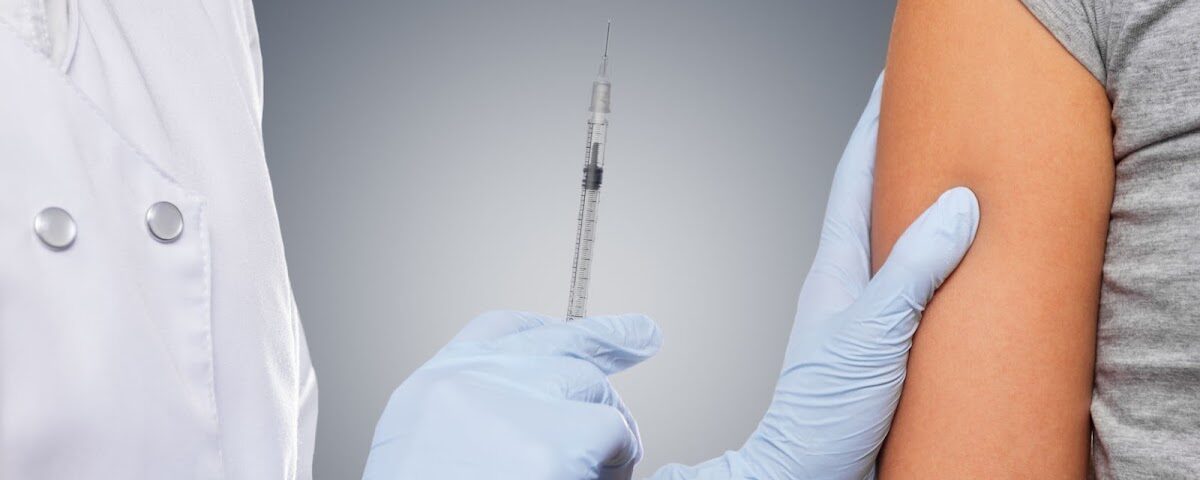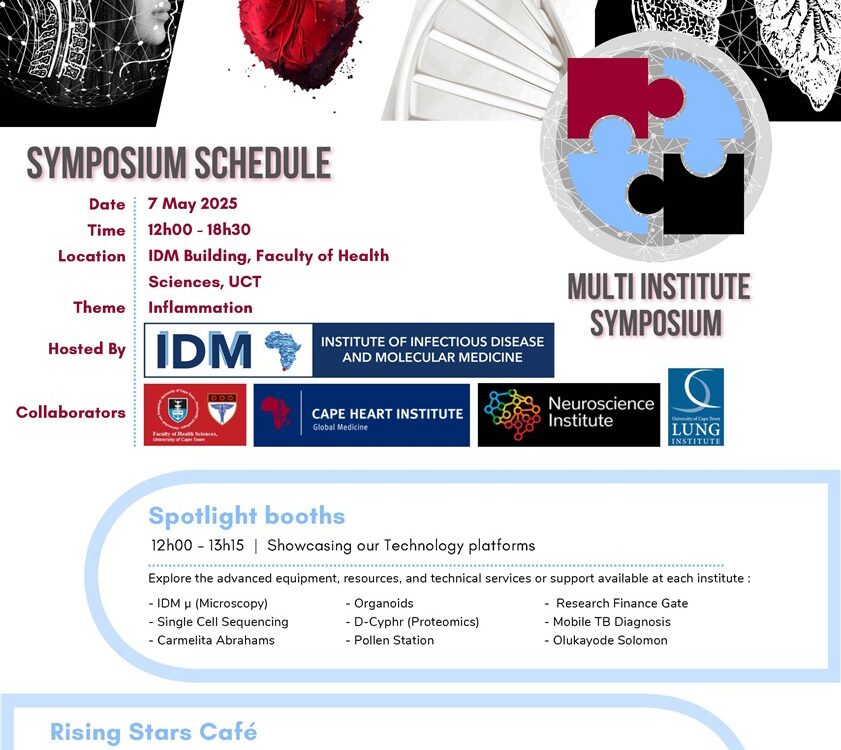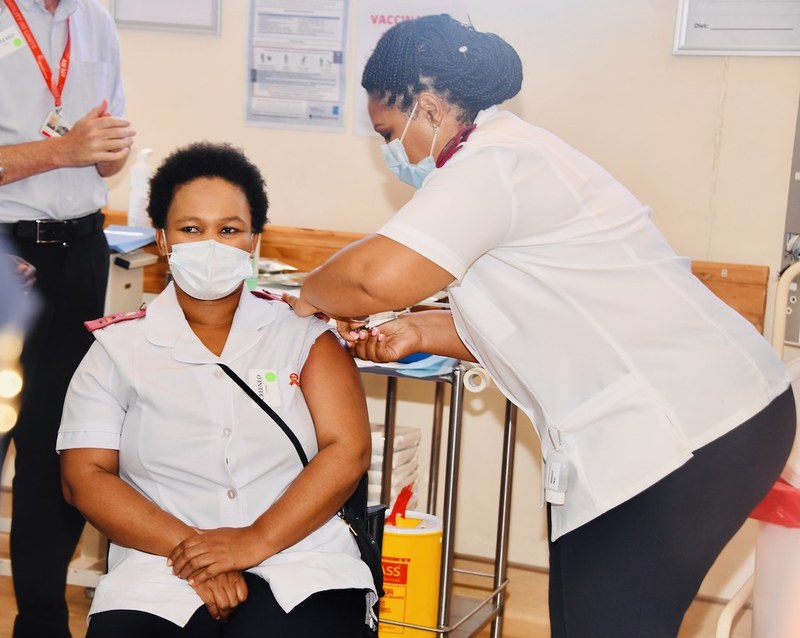
Multi-Drug Resistant Tuberculosis – NeXT Study
24th June 2021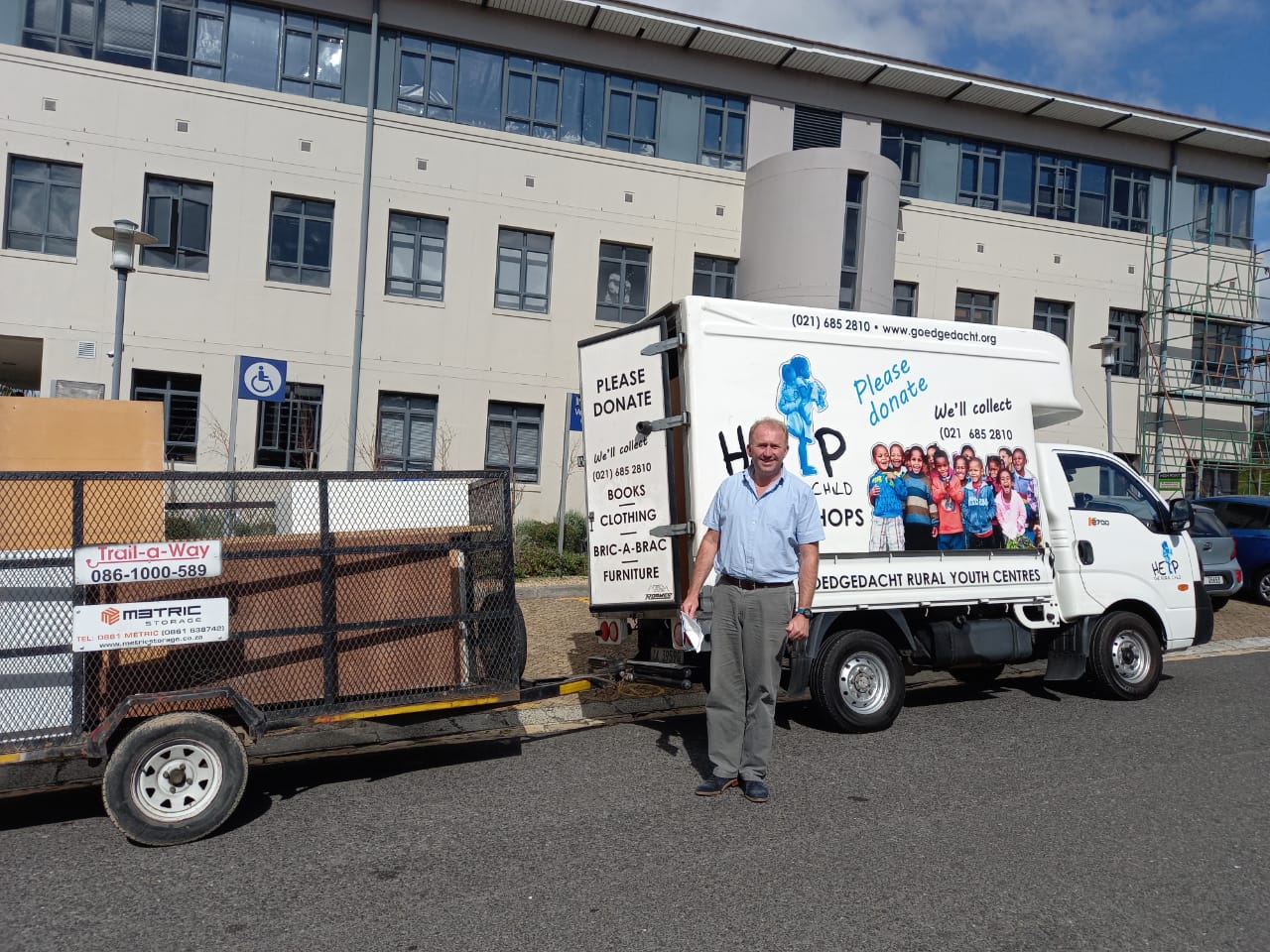
UCT Lung Institute doing their part
12th August 2021TimesLive | Sunday Times | Sipokazi Fokazi | 15 July 2021 – 16:59
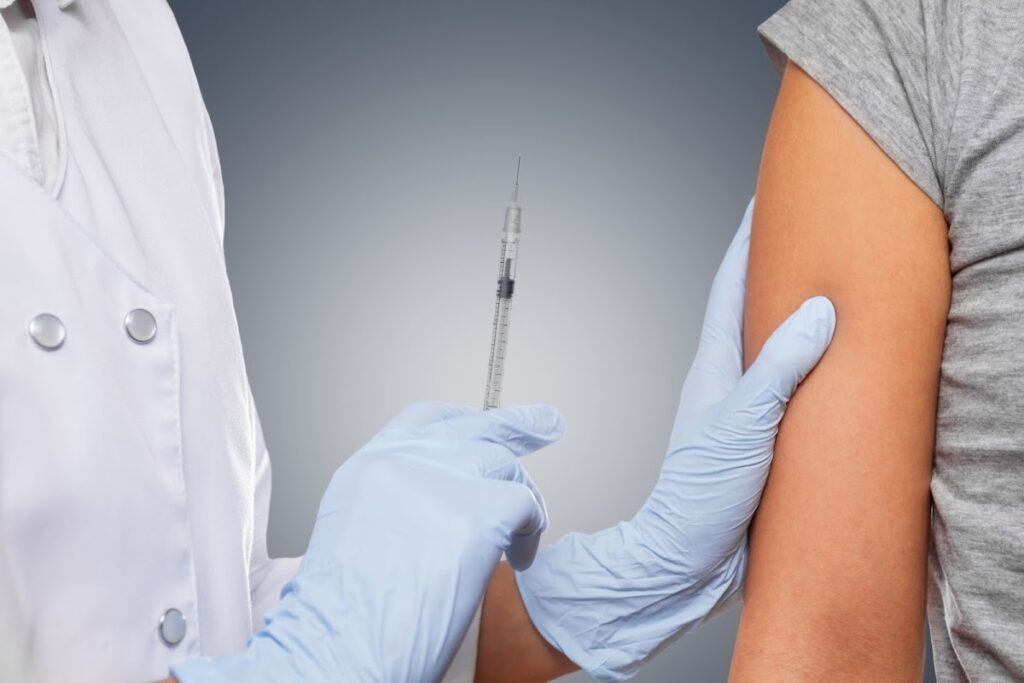
Image: 123RF/Alexey Poprotsky
New three-drug regimen cuts treatment of drug-resistant TB down to six months, while prospective vaccine is showing promising results
SA Scientists are in high spirits as the country is set to gain from major tuberculosis treatment breakthroughs that were tested locally, which saw drug-resistant TB being treated in six months, and a potential novel TB vaccine being developed to replace the 100-year-old bacille Calmette-Guérin (BCG) vaccine.
Conference delegates attending the 11th IAS Conference on HIV Science on Thursday heard that the drug-resistant TB, which typically takes between 18 months and two years and multiple drugs to treat, can now be cured in just six months when using a three-drug regimen of newer TB drugs, consisting of bedaquiline, pretomanid and linezolid — collectively referred to as the BPaL regimen, which was tested in SA and other parts of the world.
Of about 181 participants with highly resistant TB in the Nix TB study, including about 20% who were HIV-positive, researchers demonstrated a successful outcome in more than 90% of the patients.
The research, which has been done by scientists from Wits University and TB Alliance among others, has confirmed in its phase 3 clinical trial in SA that a high, relapse-free cure rate among participants can be achieved safely in six months.
The FDA approved the use of the three-drug combination for drug-resistant TB in 2019 after preliminary evidence that showed that the regimen is effective against pre-XDR (extreme drug resistant) and XDR-TB.
Prof Heather Zar, head of paediatrics at Red Cross Children’s Hospital, described the shorter treatment regimen for drug-resistant TB as a “great advance”, which would see the elimination of painful injectable drugs and reduce side-effects of treatment.
“There have also been drug-drug interactions and side effects, especially as sometimes up to eight drugs may be used. Despite this, outcomes in adults have been poor. Also, adhering to a treatment regime for so long is really challenging. So this new and effective, shortened oral treatment of three drugs for six months is excellent progress for people affected by MDR- or XDR-TB,” she said.
Meanwhile, the prospect of a novel TB vaccine to replace BCG, which on Sunday will turn 100 years old, has been lauded by scientists as well.
There are hopes in the science community that the MTBVAC vaccine candidate, which is still in development by Spanish company BioFabri and International Aids Vaccine Initiative (IAVI), could give better protection than BCG, after results that showed that a single dose of the MTBVAC provides significantly better protection against the TB germ and could potentially last longer than BCG in protection for newborns. Prof Heather Zar says the prospect of having a new TB vaccine to replace BCG would prevent more devastating forms of TB in SA.
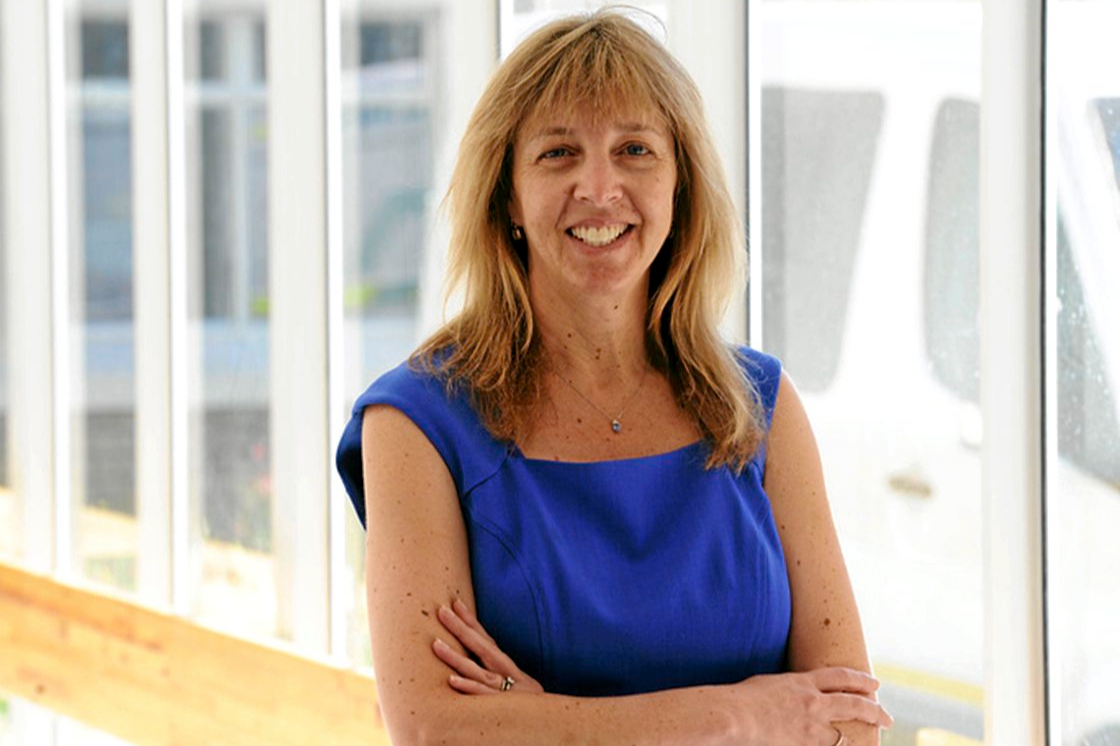
Prof Heather Zar says the prospect of having a new TB vaccine to replace BCG would prevent more devastating forms of TB in SA.
Image: Supplied
BCG does not prevent primary TB infection and has limited effectiveness at preventing pulmonary TB in adults. Researchers are now focusing their attention on SA, where the efficacy study on newborns is to commence at four sites in the Western Cape, Gauteng and KwaZulu-Natal, after phase 2 trials that proved the safety of the vaccine on humans.
Prof Mark Cotton, head of paediatrics and the infectious disease unit at Stellenbosch University and Tygerberg Hospital, who is involved in the testing of the vaccine on infants in Cape Town, said a more potent vaccine will, in the long run, reduce TB cases.
“It is essential to improve on BCG, which is still a helpful vaccine, but not strong enough to prevent TB in SA.
A new, more effective vaccine that can prevent TB in infants or children and in adolescents would be a great advance, and help to reduce the number of TB cases.
Prof Heather Zar
“TB can be fatal, but more often causes considerable damage to the lungs. TB meningitis, if survived, usually has brain damage. Having to treat many TB cases is expensive and creates a burden for the clinics. For adults, having to miss work is economically damaging. As there is more drug-resistant TB, having a vaccine that prevents this will be very helpful,” he said.
According to the World Health Organisation about 58,000 people died of TB in SA in 2019. Data indicates that there were 360,000 new cases of TB in 2019 — much higher than the estimate of 301,000 cases in 2018.
The country’s first TB prevalence survey, released by the Medical Research Council early this year, revealed that there were 737 people with TB per 100,000, which was much higher than previously thought. Prevalence was lowest in younger people (15-24 years) and peaked in those between the ages of 35 and 44, and adults older than 65.
Zar said having a more potent vaccine than BCG would prevent the more devastating forms of TB.
“We urgently need a better vaccine than BCG. While BCG provides some protection against the most severe, disseminated forms of TB such as TB meningitis, it doesn’t protect against the commonest form of TB, which is pulmonary TB.
“Many children with pneumonia also have TB, so BCG does not protect against this. So a new, more effective vaccine that can prevent TB in infants or children and in adolescents would be a great advance, and help to reduce the number of TB cases.
Public health expert and UCT professor of pulmonology, Keertan Dheda, said the new TB treatment regimen, which is now used in SA for research purposes, “offers hope and treatment options for a very difficult-to-treat group of patients.
“Establishing new treatment regimens is also important because it will have implications for reducing TB transmission and hence the overall burden of highly drug-resistant TB.
“There have been some amazing advances in the drug-resistant TB treatment landscape over the past few years. SA has been leading the way globally and it has been several years now that we have abandoned the painful injection-based regimens and are now using an all-oral regimen to treat drug-resistant TB,” he said.
Dheda said one regimen for MDR-TB that has been tested in SA has brought treatment duration down from the traditional 18 to 20 months to as little as nine months.
The results of the NExT study, a South African study funded by the SA MRC, was released at the SA National TB Conference last month. It was shown that a six month all-oral regimen for MDR-TB was feasible and performed reasonably well.
“Shorter treatment durations mean that a larger proportion of patients are likely to complete the full course of treatment, the cost to the patient and the healthcare system becomes drastically reduced, the regimens are more tolerable and therefore there is less non-compliance and loss to follow-up, and finally some of these newer regimens may be more effective and might result in less disease relapse,” said Dheda.
